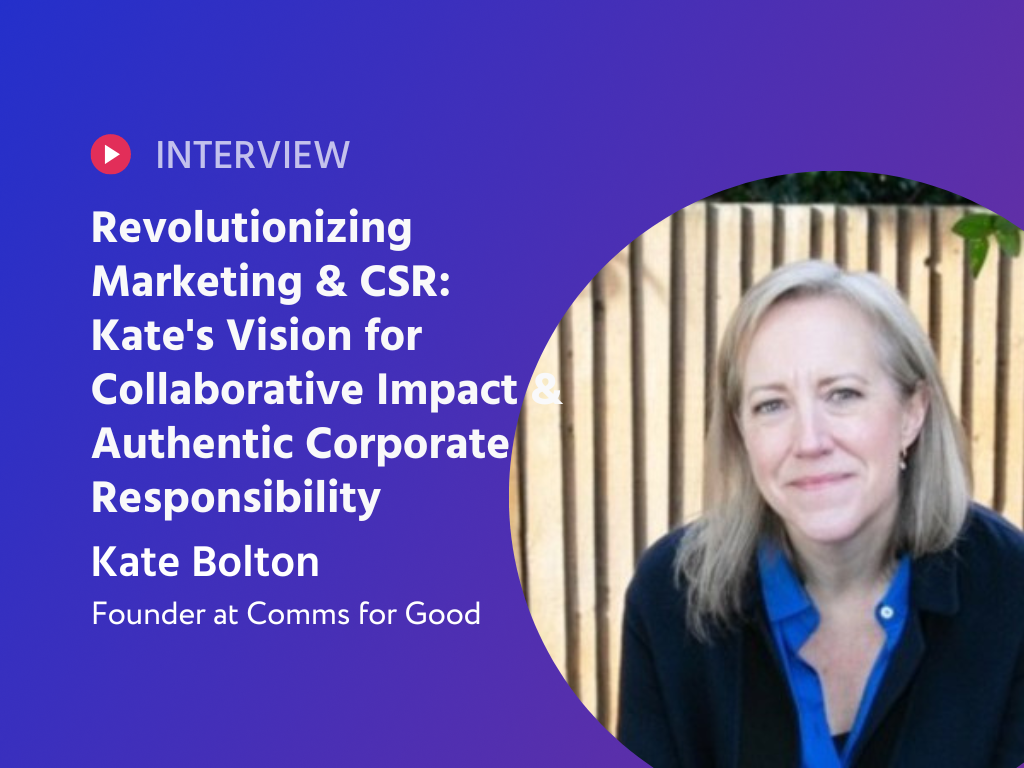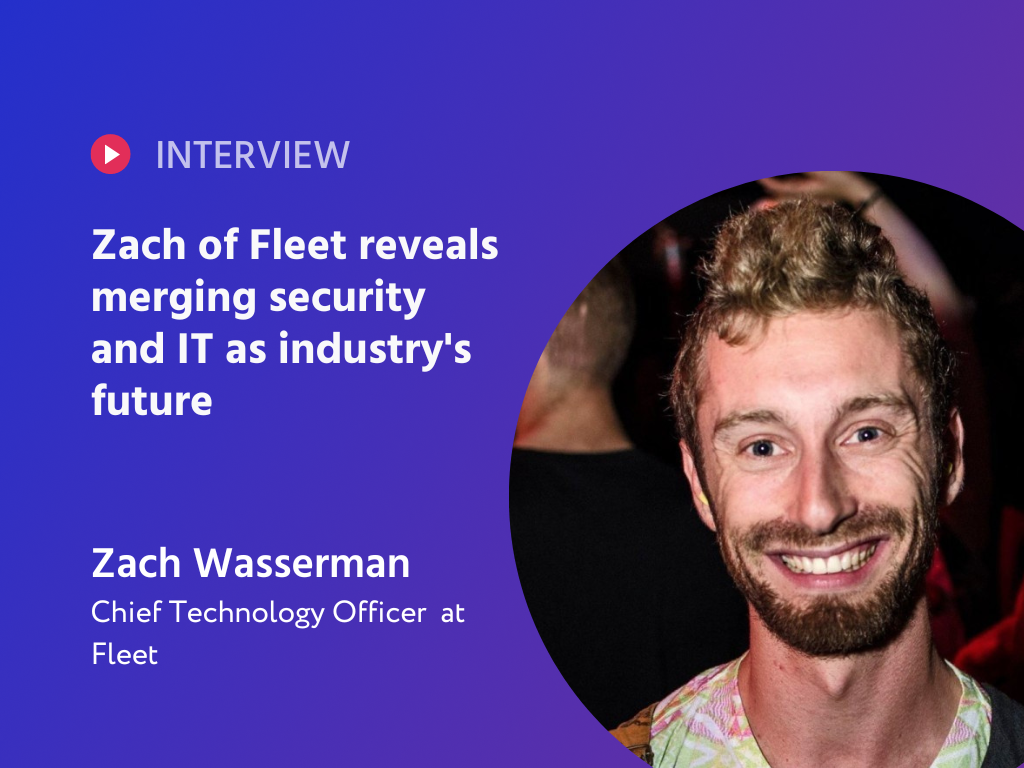Welcome to the latest feature of Bright Founders Talk at Temy, where we explore the fascinating world of software development and its impact across various industries. In this article, we spotlight Pablo Castillo, the CTO of Chain4Travel, a company revolutionizing the travel industry through the use of blockchain technology.
With a rich background that spans various roles within travel and technology, Pablo brings a unique perspective to the burgeoning field of blockchain. Born and raised in Switzerland with Spanish roots, his journey from selling travel packages to co-founding a tech startup encapsulates a profound evolution in both his career and the industry. Throughout his narrative, Castillo explores the parallels between the early days of the internet and today's blockchain innovations, illustrating how technological disruptions continue to reshape business landscapes.
Pablo Castillo: Bridging New Frontiers in Travel with Blockchain Technology
Pablo Castillo's journey from a traditional travel agent to the cutting-edge CTO of Chain4Travel paints a vivid picture of a professional life driven by innovation and a deep-rooted passion for exploring new cultural landscapes. At the heart of his story is an intrinsic curiosity about the world, which not only spurred his early career decisions but also fueled his venture into the uncharted territories of blockchain technology. “Blockchain felt like the early internet days—disruptive and full of potential,” Pablo remarks, drawing a parallel that captures the transformative essence of his career shift.
Blockchain felt like the early internet days—disruptive and full of potential
As Castillo recounts his transition, it's clear that his midlife pivot was not just a career change but a renaissance of his professional ethos. Frustrated by the stagnant pace of innovation in the travel industry, he found rejuvenation in a bold idea proposed during a family world tour. This idea? A blockchain specifically tailored for travel. Initially skeptical, Pablo's expertise and forward-thinking eventually led him to embrace and spearhead the development of Camino, a blockchain platform aimed at revolutionizing how we travel. His initial doubts turned into a visionary project that now processes thousands of transactions, showcasing real-world applications beyond mere cryptocurrency trades.
The essence of travel, for Pablo, is about more than just business—it's about connection, learning, and understanding diverse cultures. His personal and professional lives are deeply intertwined with this philosophy, as travel remains a cherished family hobby. This holistic view of life and work fuels his ongoing mission to make the travel industry more dynamic and interconnected. "Travel is the best way to educate yourself about the world," he shares, a testament to his belief that personal experiences and professional endeavors can, and should, enrich each other profoundly.
Revolutionizing Travel: How Pablo Castillo's Vision for Blockchain Enhances Industry Dynamics
In our conversation with Pablo Castillo, it became vividly clear that his vision isn't just about applying new technology for the sake of innovation. It's about fundamentally transforming the travel industry to address its current inefficiencies and prepare for future challenges. Pablo explained, "Travel is a collaborative industry, yet behind the scenes, it's bogged down by outdated protocols and technology." This realization sparked his commitment to integrate blockchain, a technology that promotes transparency and efficiency, into the travel sector.
Travel is a collaborative industry, yet behind the scenes, it's bogged down by outdated protocols and technology
Delving deeper into the technical aspects, Pablo shared the inherent problems of legacy systems within the industry, which are often cumbersome and not designed to handle the needs of modern travel, such as digital IDs and digital wallets. "Our industry is riddled with high payment costs and inefficient data handling that blockchain technology can effectively address," he noted. This transition to blockchain isn't just a technical upgrade; it's a strategic move to reduce costs, enhance data verification processes, and improve overall transactional efficiency, which is critical in a low-margin industry like travel.
Pablo's enthusiasm for blockchain's potential in travel extends beyond mere functionality. He sees it as a crucial step towards decentralization in an industry that has long been dominated by a few large players. "Blockchain technology is decentralized and collaborative—perfect for breaking up the current oligopolies in travel," Pablo argues. This approach not only enhances security and trust among industry players but also paves the way for more equitable and open market dynamics. With blockchain, Castillo is not only redefining how travel operates but also championing a more collaborative and transparent future for the industry.
Clearing the Fog: How Blockchain Brings Transparency and New Possibilities to the Travel Industry
Pablo Castillo passionately illustrates how blockchain is set to revolutionize the travel industry by enhancing transparency and creating new business models. "Transparency is a two-edged sword," Pablo explains, acknowledging both its necessity and complexity within the sector. He highlights the rampant issue of fraudulent reviews in travel platforms and describes blockchain's role in authenticating user feedback. This is particularly significant in industries like travel where trust and credibility are paramount. According to Pablo, blockchain ensures that reviews are credible by verifying that the reviewer has actually experienced the service, thereby maintaining the integrity of user feedback.
Further emphasizing the transformative power of blockchain, Pablo delves into its potential to overhaul financial transactions within the travel industry. He discusses how blockchain can track the flow of money in sustainability initiatives, ensuring that funds donated for environmental projects are used as intended. This traceability is crucial for transparency, as it reassures consumers that their money is making a tangible impact. Additionally, Pablo points out how blockchain can reduce transaction costs, which is a significant advantage in the low-margin travel industry. "Blockchain technology is the only technology out there where if a transaction is successful, the money transfer happens almost instantly," he says, highlighting the efficiency and security that blockchain introduces to financial operations.
Looking ahead, Pablo is excited about the future prospects of blockchain in travel, such as tokenizing bookings to create NFTs, which can be sold or transferred, opening up new revenue streams for travel operators. This innovative approach not only secures transactions but also ensures authenticity and ownership, significantly reducing the potential for fraud. Pablo envisions a future where blockchain technology will be central to customer interactions through digital wallets, enhancing personalized marketing and communication strategies. "It's about transforming how we interact with and trust the travel ecosystem," Pablo concludes, painting a vivid picture of a more interconnected and reliable future for the industry.
Navigating the Blockchain: Pablo Castillo on the Challenges and Triumphs of Innovation in Travel
Pablo Castillo delves into the significant hurdles they've faced while introducing blockchain technology to the travel industry. According to Pablo, the greatest challenge has been shifting the prevailing perception that equates blockchain solely with cryptocurrencies and, by extension, scams. This misunderstanding underscores a broader issue within the tech industry—educating stakeholders about the potential and practical applications of emerging technologies beyond their most infamous uses. Pablo passionately argues, "Doing blockchain just for blockchain’s sake is not right; you need to fix an issue to have added value."
Doing blockchain just for blockchain’s sake is not right, you need to fix an issue to have added value
Beyond the challenge of adoption, Pablo also highlights the issues of usability and security that accompany the implementation of blockchain technology. Despite its potential, blockchain is often viewed as overly complex and inaccessible for the average user. "We often joke that talking about blockchain is like only talking about the car engine and not where the car can take you," Pablo quips, emphasizing the need for blockchain applications to be more user-friendly and secure to achieve broader acceptance. This approach is about making technology work for people, not the other way around, ensuring that it seamlessly integrates into their everyday lives without them needing to understand the underlying complexities.
As the conversation turns towards the integration of artificial intelligence with blockchain, Pablo's vision for their synergy becomes clear. He sees AI as a pivotal component in refining blockchain operations, from enhancing customer service through chatbots to improving document management and verification processes. However, he warns of the pitfalls of relying on outdated systems that feed unverified data into AI, advocating for a blockchain layer that ensures data integrity. "It's about creating a technology ecosystem where AI and blockchain not only coexist but complement each other to improve accuracy and trust in digital interactions," Pablo explains, illustrating his commitment to building a more transparent, efficient, and secure travel industry.





